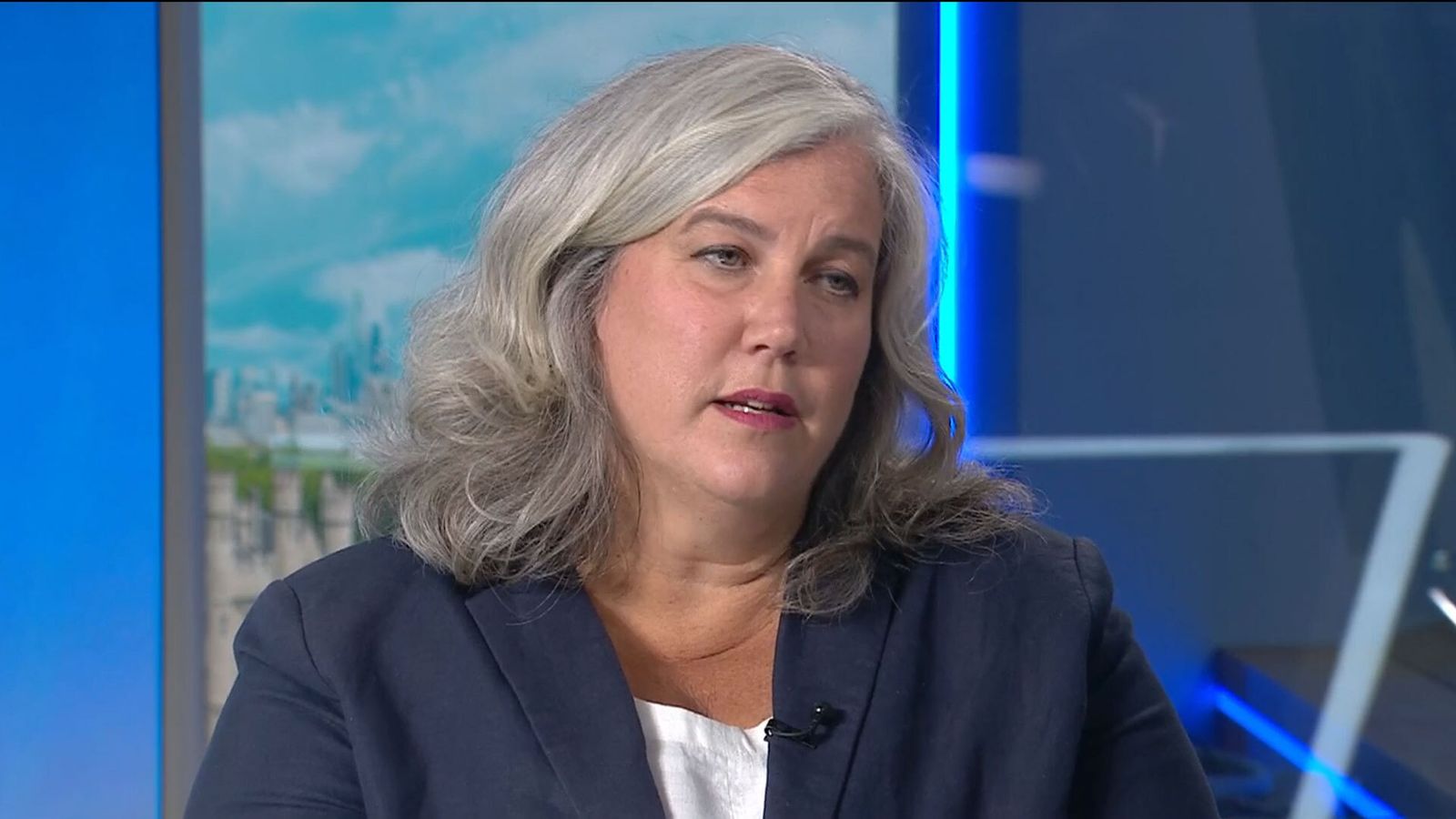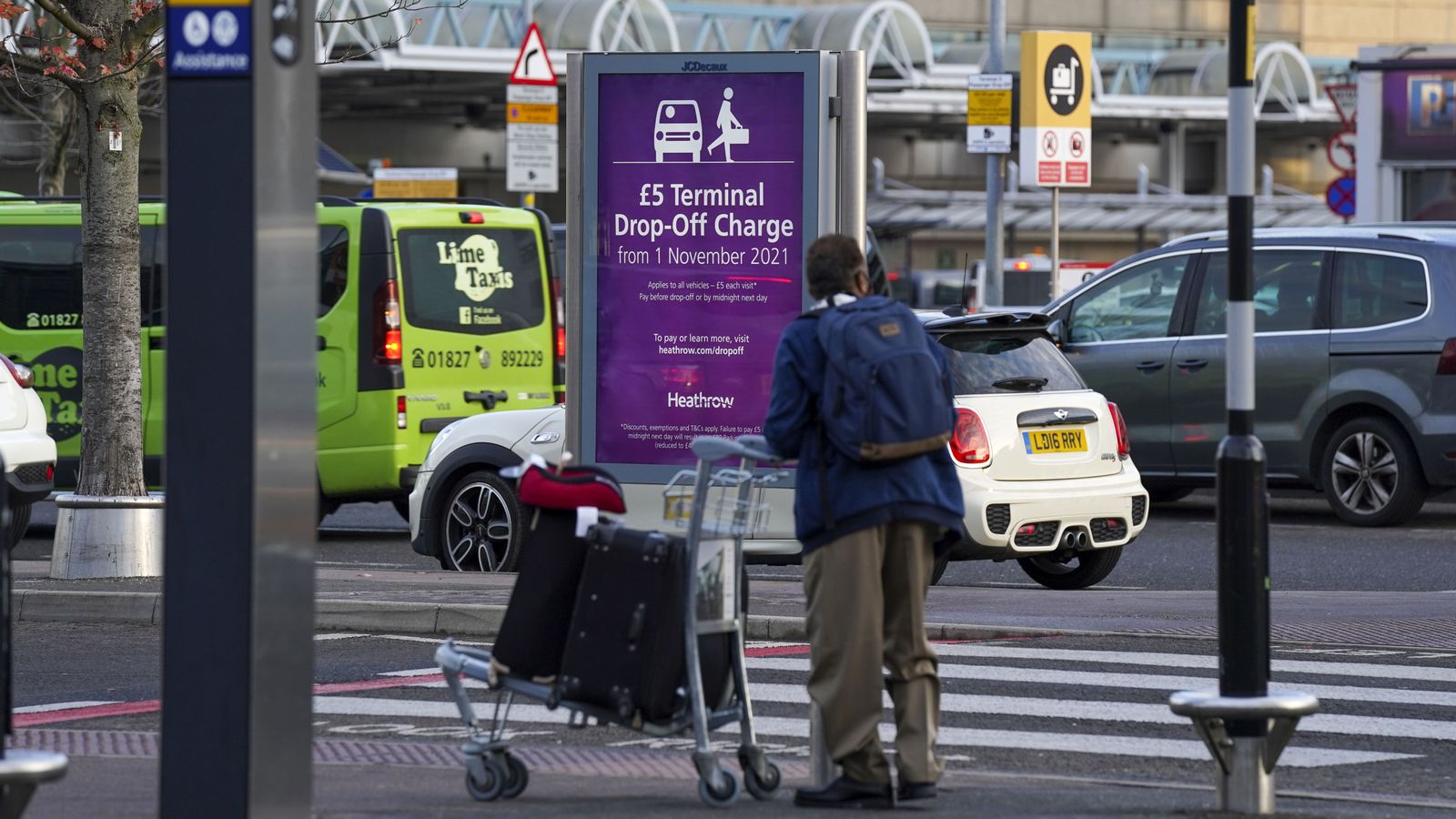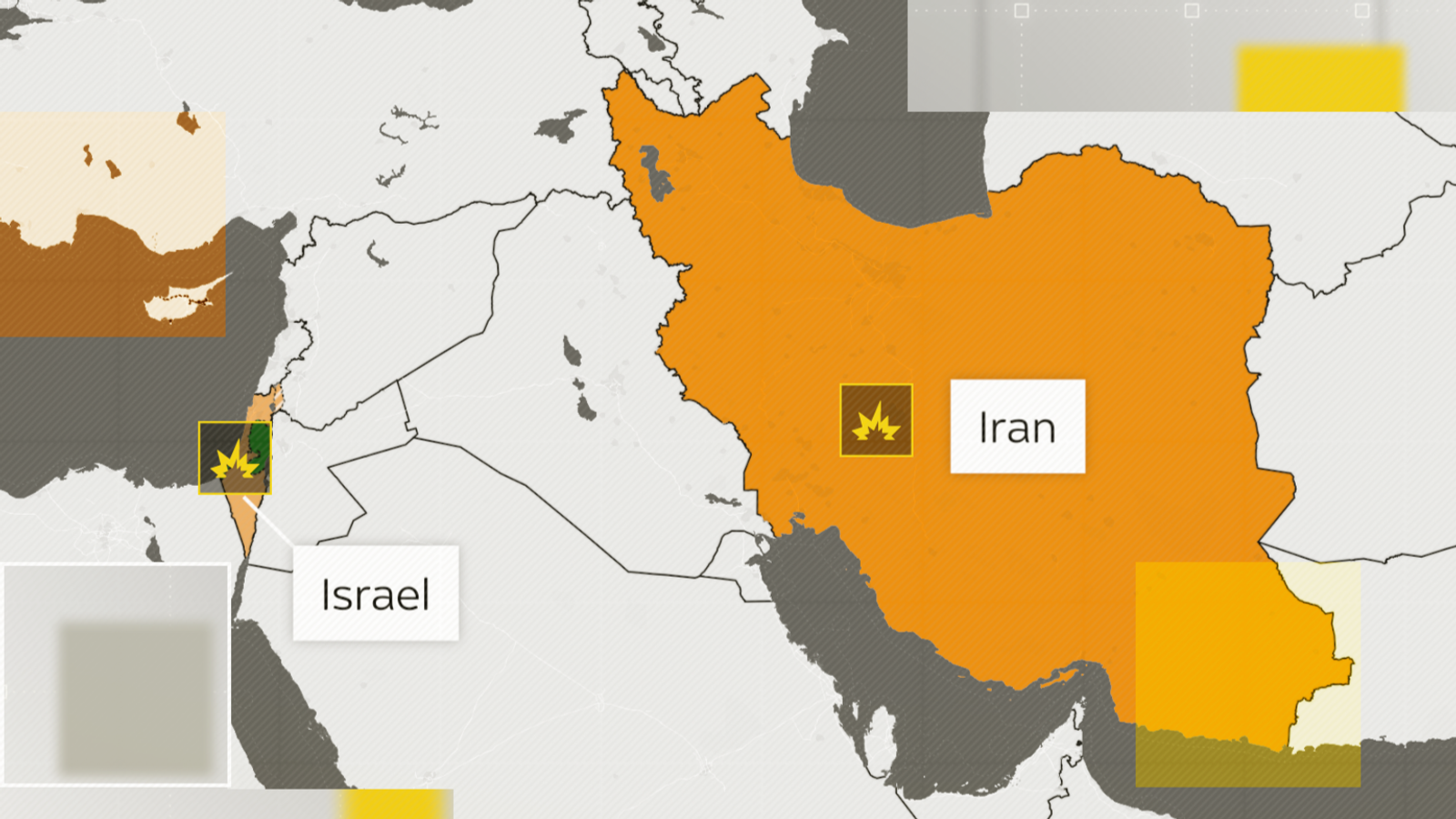Now we know why Guinness tastes worse in the UK
Today in the Money blog, a hub of consumer and personal finance news: a Guinness expert on why it tastes better in Ireland than the UK; our latest Money Problem concerns a reader whose boss is taking a cut of their tips.
Disappointing day for UK markets - with Guinness maker warning of Trump's effect on sales recovery
It's another disappointing day for UK stock markets, though it doesn't look like Monday's losses will be repeated.
After shedding 1% yesterday the UK's benchmark stock index, the FTSE 100, was down 0.28% this morning.
Similarly, the bigger FTSE 250 index of more UK-based companies pared off a small 0.1% after a more than 1% drop yesterday.
Helping to bring down the FTSE 100 was constituent Diageo.
Its share price fell 0.87% after it scrapped its sales growth target, blaming uncertainty over US tariffs and volatile customer demand.
The maker of Guinness, Don Julio tequila, and Johnnie Walker whiskey said tariffs add "further complexity" to its ability to forecast and the policies would "impact" sales recovery.
Sterling, however, has largely rebounded from the weekend fall and now buys $1.2429. The pound kept its gains against the euro and still buys €1.20.
Oil costs continued to come down and now cost $74.90 for a barrel of Brent crude oil, a low not seen since early January.
eBay introducing compulsory buyer fees today
eBay customers will have to pay an extra charge when purchasing products from private sellers starting today.
The online marketplace is rolling out the compulsory Buyer Protection Fee instead of seller fees in a bid to compete with the likes of Vinted and Depop, which operate similarly.
What are your rights if items from resale apps aren't as described?
Sky News
Buyers will be charged 75p per item. But, if they are purchasing multiple items within one listing, this will only be applied once.
They will also be charged 4% of the item price up to £300 and 2% on anything between £300 and £4,000.
They will not have to pay any extra on purchases above £4,000.
The fee will not be added at the checkout, but will be incorporated into the item's listed price.
"By removing barriers for private sellers and making it free to sell and simpler to list, we've seen many more sellers join the platform to bring buyers the unique inventory that they love. Buyer Protection is the next step, to ensure they keep coming back," the company said on its website.
Two mortgage providers reduce rates ahead of expected interest rate cut
Later this week, the Bank of England will announce its latest interest rates decision - with analysts saying a cut is almost certain.
In a positive sign, two mortgage providers have confirmed they will be reducing rates on numerous products as early as tomorrow.
Coventry Building Society came out of the blocks first, confirming rate cuts of up to 0.27%, with all fixed-rate buy-to-let products reduced by up to 0.2%.
Barclays then followed suit, announcing a selection of products across its purchase and remortgage ranges will be reduced.
It also launched a number of new deals, including a two-year fix deal with a 90% LTV at 5.29% and a two-year tracker with 60% LTV at 5.24%.
Its two-year fixed 60% LTV product, which comes with a £899 product fee, will be reduced from 4.43% to 4.38%.
Meanwhile its five-year fix with 75% LTV and £899 fee will drop from 4.42% to 4.36%.
Brokers were pleased with the news, saying the banks had made "confidence-boosting" decisions.
"The mortgage market has sparked into life this Monday morning, with Barclays joining Coventry in a rate-cutting spree that's turning heads and lifting spirits after January's mortgage malaise," said Dariusz Karpowic, director at Albion Financial Advive.
He told Newspage: "With the Bank of England's rate decision looming on Thursday, these early moves could herald the start of the competitive lending landscape that January promised but failed to deliver.
"Though whether this marks the beginning of a genuine price war or merely a strategic positioning ahead of market shifts remains to be seen."
How news of Chinese tariffs hit markets
China's tariff retaliation has already affected Asian stock markets as news of the levies broke during trading hours. There was already a lot for investors to digest through Asian trading as the trade war trundled on.
Trump was going ahead with 10% tariffs on China, having paused his taxes on Mexican and Canadian imports.
The pause was welcomed by stock markets in Japan, Korea, Hong Kong and Australia, some of whom came close to recovering Monday losses.
Then came the news of China's retaliation - and those recoveries were dented.
At the end of trading for Korea and Japan their stock markets were up but not enough to recoup yesterday's losses. Korea's benchmark, the Kospi, was up 1.13% and Japan's Nikkei gained 0.72%. Both are export economies and can be affected by a global trade war.
Hong Kong's Hang Seng index, containing Chinese companies, can give us a sense of how the Chinese market may be affected - it gained 2.5%. Chinese markets remain closed for Lunar New Year.
China is Australia's biggest trading partner and on the news of Chinese tariff retaliation, the S&P/ASX 200 index lost all its gains and closed down 0.06%.
Why does Guinness taste better in Ireland than UK?
Leaning heavily into the consumer side of our brief now, and you've definitely heard this from your mate the Guinness-lover...
It's usually accompanied by speculation over how long to let the liquid settle, or how far it's travelled, or how warm it is in the beer cellar.
But is there actually a difference?
Oisin Rogers, co-owner of Soho pub The Devonshire, has explained what's happening.
Over the last year his pub has become one of the go-to places for Guinness in the capital and contributed to the massive hype around the stout this year.
"The biggest difference to Guinness in Ireland and the Guinness in the UK is that in most [UK] pubs your Guinness comes through the same system as the lagers," he said, referring to the beer lines.
"So it's slightly too cold - it's too chilled down."
He also said the black stuff is forced through very narrow beer pipes "really, really fast".
To tackle that problem, he's installed his own separate system.
"Our Guinness comes through a proprietary system of coolers and lines and taps, and we really look after it - and it's completely separate from the lagers, which runs on a totally different system."
Pubs suffered a shortage of Guinness at the end of last year, as its parent company, Diageo, struggled to keep up with increased demand.
This morning, the drinks giant confirmed it was "working around the clock" to boost supplies of the stout following the "sell-out" festive period.
-SKY NEWS







